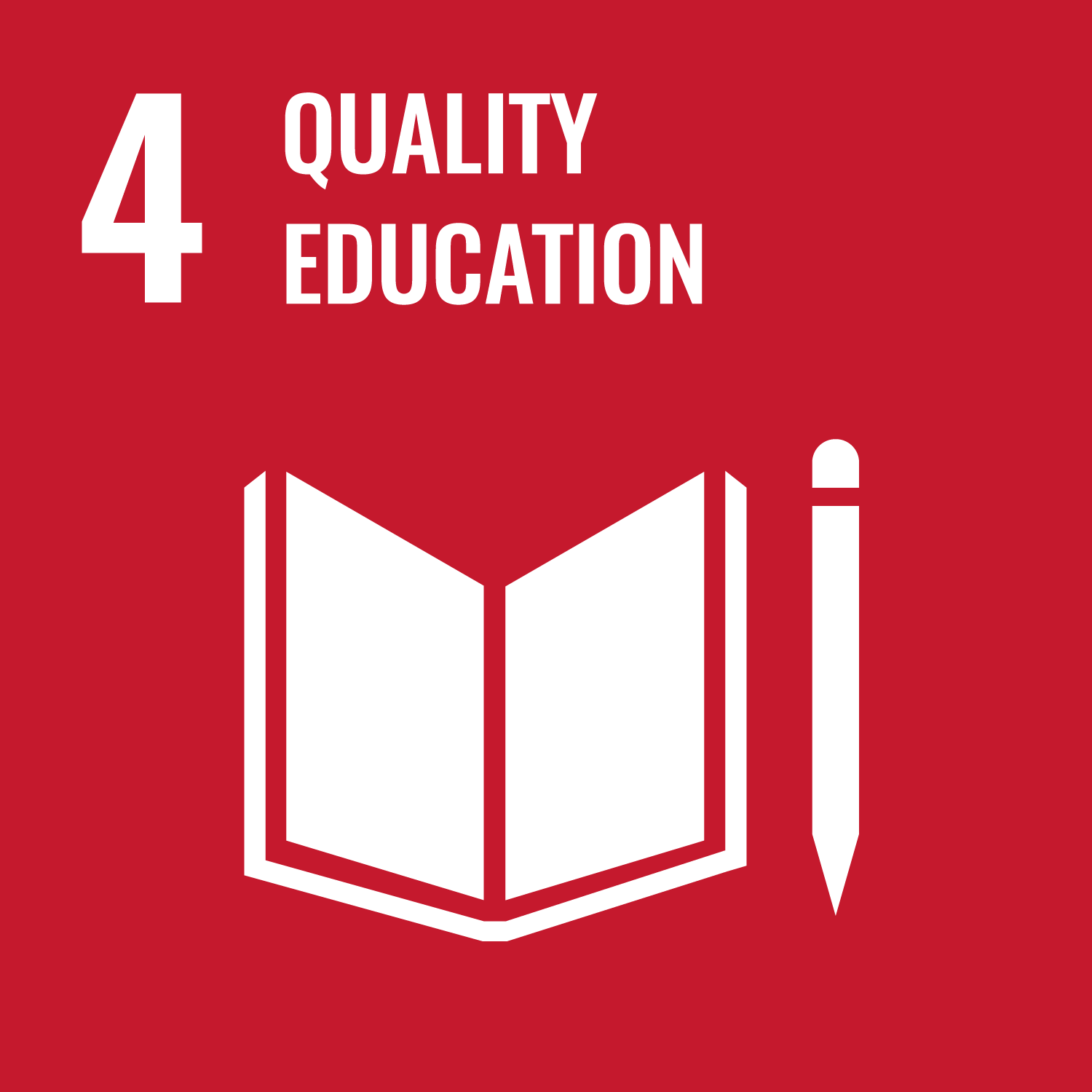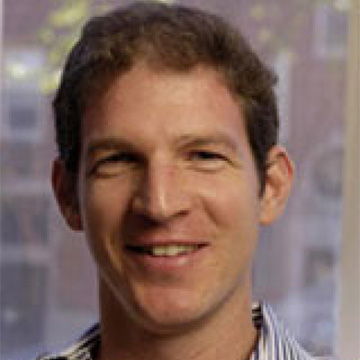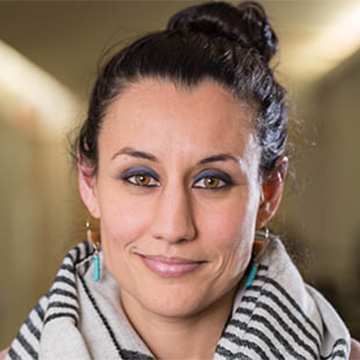Ofer Malamud
Ofer Malamud is an economist focused on education policy from an international perspective. His research is concentrated in three substantive areas: educational investments over the life course, the role of technology in the formation of human capital, and the effect of general and specific education on labor market outcomes. He has studied these topics in a wide range of institutional settings across countries such as Chile, England, Israel, Mexico, Peru, Romania, Scotland, and the United States. His current research focuses on the interactions between family and school environments, gender differences associated with labor market returns and childhood socio-emotional behaviors, and technical and vocational education training in Mongolia.
 The United Nations aims to ensure inclusive, equitable and quality education for all by 2030.
The United Nations aims to ensure inclusive, equitable and quality education for all by 2030. 

